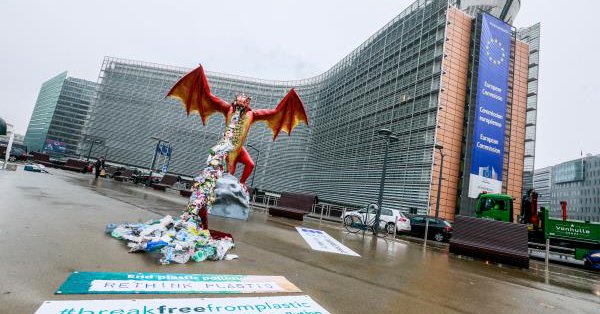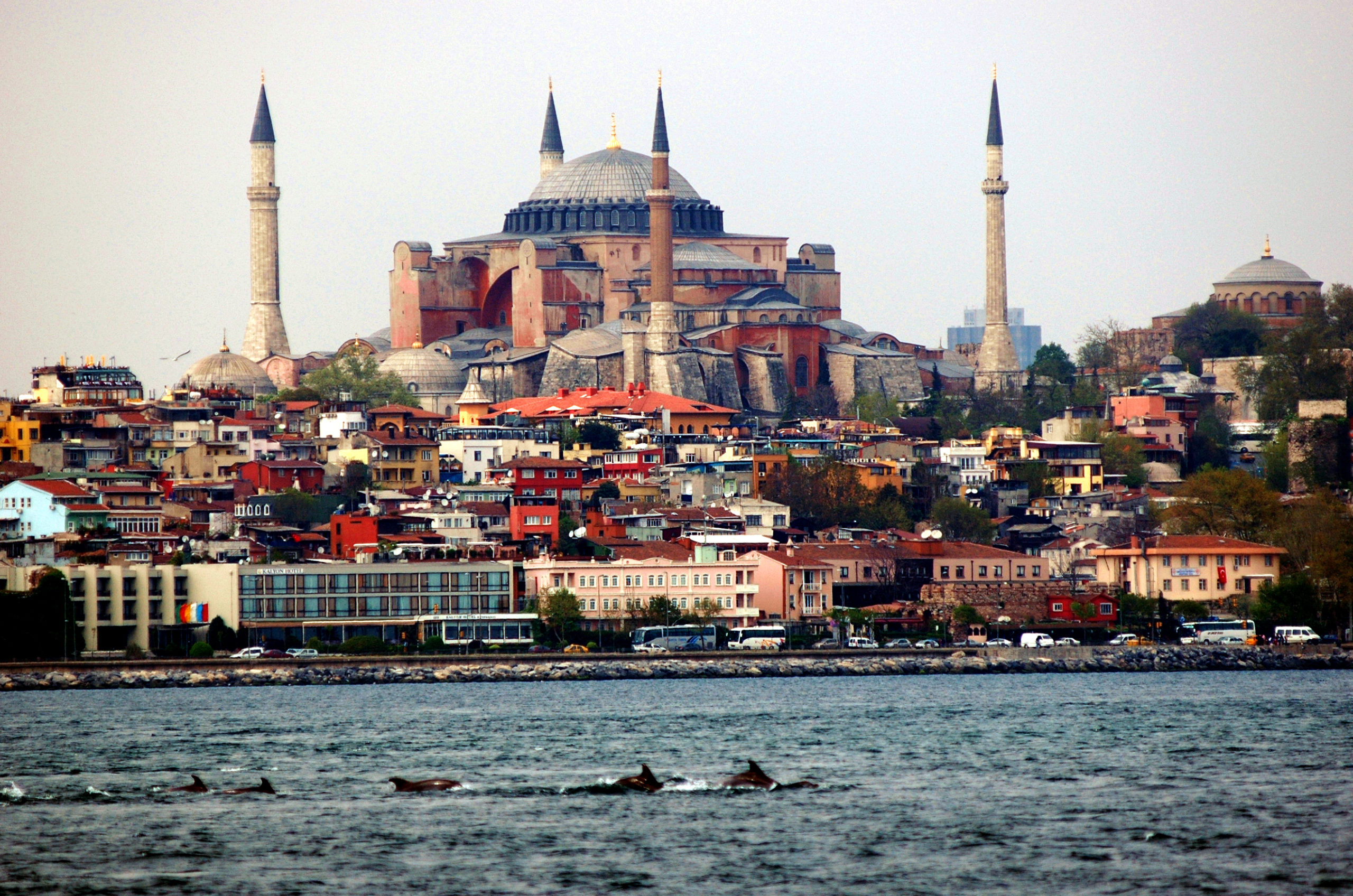Roma, June 08, 2017 – On World Ocean Day, as the first UN Ocean conference takes place in New York (USA), WWF reveals new evidence of plastic contamination of cetaceans in the Mediterranean. The global conservation organisation has demonstrated through innovative research the impact of plastic pollution in the north-western Mediterranean Sea.
WWF analysed biopsies of almost 100 marine mammals (3 whale species) living in the Pelagos Sanctuary, the largest marine protected area in the Mediterranean, located between Italy, France and the Island of Sardinia. WWF was behind the establishment of the Pelagos Sanctuary in 2002 and has invested the last seventeen years in studying and protecting cetaceans breeding there. The results of this research also provide an indication of the extent of plastic pollution beyond the sanctuary borders in the entire Mediterranean Sea.
The survey shows a high contamination of cetaceans by phthalates. Phthalates are one component of plastics, commonly found in packages, shower curtains, cables, varnish, medicines, paint, etc. but also in cosmetics like nail polish, hairspray, perfume. The average concentration of DEHP (the most toxic phthalate) found in whale dry tissue, is of 1060 µg/kg (concentration is scientifically considered high when above 300 µg/kg).
Phthalates are considered toxic both for humans and animals, with potential harmful effects on fertility and foetus development; they are held to be endocrine disruptors and some of them are classified as carcinogenic. Today, the global production of phthalates is 3 million tonnes per year.
“The contamination of cetaceans by plastic is of deep concern regarding the state of the ocean and should be a warning for our own health.” said Giuseppe Di Carlo, WWF Mediterranean Marine Initiative Leader.
The issue of plastic waste is growing beyond control, every day between 4.8 and 12.7 million metric tonnes of plastic enter the ocean, 93% of which is consumer waste. Almost 269,000 tonnes of plastic litter float on oceans, made up of 5000 billion particles. Under the effect of the sun and the waves, plastic is turned into smaller particles (smaller than 5 mm) called microplastics, which take several centuries to disintegrate and are nearly impossible to extrude. The Mediterranean Sea is classified as the sixth highest region for the accumulation of plastic debris on the planet, with an estimate of between 1000 and 3000 tonnes of plastic – and an average of 115,000 microplastic particles per km2 – floating on its surface waters.
“The Mediterranean Sea is suffocated everyday by paint, cosmetic products and plastic bags. Our society produces tonnes of plastics with irreversible effects on our oceans. On World Ocean Day, WWF urges consumers, industry, governments and coastal cities to eliminate the use of plastic as well as collect and recycle plastic waste.” added Giuseppe Di Carlo.
For information / interviews:
Anne Rémy +39 06 844 97 424 / aremy@wwfmedpo.org
Follow us on Twitter @WWF_Med



